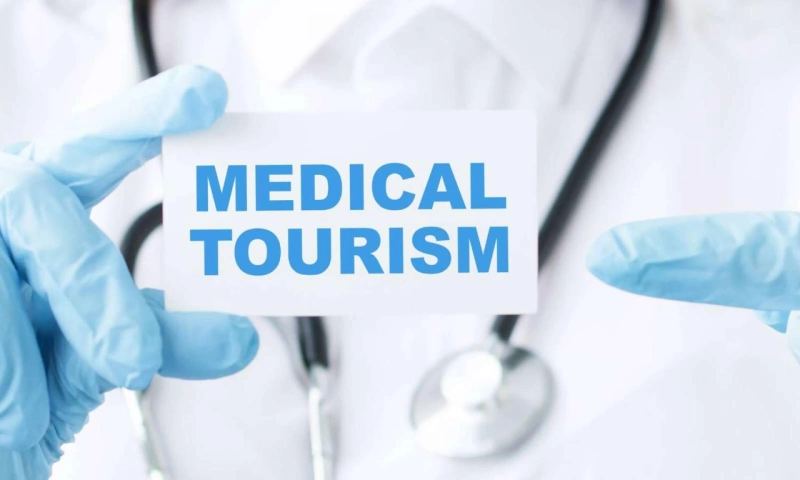The medical travel industry is constantly evolving and adapting to meet the changing needs and preferences of patients. Here are some emerging trends that are shaping the future of medical tourism:
1. Telemedicine
Telemedicine, or the use of technology to provide remote medical consultations and services, has become increasingly popular in the wake of the COVID-19 pandemic. This trend is expected to continue as patients seek more convenient and cost-effective healthcare options. With telemedicine, patients can receive medical advice, diagnoses, and even treatment from the comfort of their own homes, eliminating the need for travel and reducing the risk of infection.
2. Personalized Healthcare Packages
As patients become more informed and discerning about their healthcare options, many are seeking personalized healthcare packages that cater to their specific needs and preferences. This trend is being driven by a desire for greater transparency, choice, and control over healthcare decisions. Personalized healthcare packages may include a range of services, such as medical consultations, diagnostic tests, surgery, and aftercare.
3. Integration of Wellness Tourism
Wellness tourism, or travel for the purpose of enhancing health and well-being, is an emerging trend in the medical tourism industry. Patients are increasingly seeking holistic healthcare experiences that combine medical treatments with wellness activities, such as yoga, meditation, and nutrition counseling. This trend reflects a growing recognition of the interconnectedness of physical, mental, and emotional health.
These emerging trends in medical tourism demonstrate the industry's commitment to innovation and patient-centered care. By staying abreast of these trends, healthcare providers can better meet the evolving needs and expectations of patients from around the world.
Challenges and Risks in Medical Tourism
While medical tourism offers numerous benefits to patients seeking cost-effective and efficient healthcare solutions, it also presents several challenges and risks that should not be overlooked.
Ethical concerns
One of the key ethical concerns associated with medical tourism is the issue of organ trafficking and transplant tourism. This involves the sale and purchase of organs, often from vulnerable donors, to meet the demand for transplants in countries where there are limited organ donation systems. Patients who engage in transplant tourism are at risk of receiving substandard care and may be exposed to infectious diseases, while the donors are often coerced into selling their organs and may suffer from long-term health consequences.
Legal considerations
Medical tourists may face legal challenges related to malpractice, liability, and insurance coverage. In some cases, medical tourism providers may not be held accountable for medical errors or complications that arise during treatment, leaving patients without recourse to legal action. Patients should carefully review the terms and conditions of their medical tourism package and ensure that they have adequate insurance coverage for any potential risks and complications.
Complications and after-care
Patients who travel abroad for medical care may face additional risks and complications due to language barriers, cultural differences, and a lack of familiarity with the healthcare system. In addition, medical tourists may have limited access to after-care and follow-up support, which can lead to poor outcomes and dissatisfaction with the treatment. Patients should carefully research the medical facility and healthcare providers and ensure that they have a comprehensive after-care plan in place before embarking on medical tourism.
Conclusion
While medical tourism can offer significant benefits to patients seeking cost-effective and efficient healthcare solutions, it also presents several challenges and risks that should not be overlooked. Patients should carefully consider their options and weigh the potential risks and benefits of medical tourism before making a decision. By conducting thorough research, seeking professional guidance, and taking necessary precautions, patients can minimize the risks and maximize the benefits of medical tourism.



